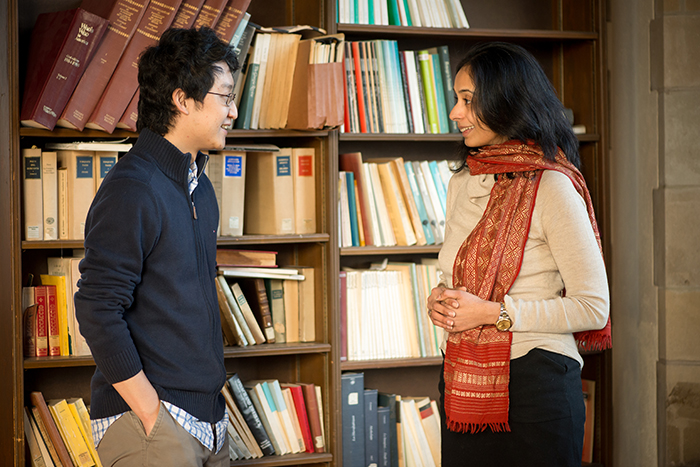
Starting in Fall 2015, Yale offers a guaranteed sixth year of funding to all students in the Graduate School. Students will usually serve as Teaching Fellows in the sixth year and use this time to complete and submit the dissertation as well as look ahead to employment opportunities beyond Yale. The department supports students in both academic and non-academic job searches.
Job Placement Officer
The department appoints a Job Placement Officer each year, who works closely with the DGS to help students prepare for the job market. Students who plan to apply for academic jobs in the fall should contact the Job Placement Officer in late spring prior to the semester in which they expect to begin their search. For academic year 2024-2025 it will be Martin Hägglund.
Placement Workshops
The Job Placement Officer usually organizes a series of workshops and meetings to prepare students for the job market. The first of these is usually held in late April/early May: all interested students should attend this meeting, including those who are not sure if they should go on the job market the following year. Students are urged to begin preparing their materials over the summer; a series of meetings/ workshops in the fall help students through the various stages of the process.
Students are also urged to attend the Academic Job Search Series offered by the Center for Teaching and Learning and the Office of Career Strategy (OCS). The OCS also maintains an online archive of useful video tutorials and YouTube channel with additional resources.
The OCS is the best resource on campus for alternative-academic and non-academic job searches. The department has a strong record in placing students in such jobs (as translators, museum curators, administrators, public education directors, arts educators etc): the Job Placement Officer can provide support and resources as appropriate.
Dissertation Submission
All dissertations in Comparative Literature should be submitted with full translations of all texts (secondary and primary) quoted in languages other than English. This is to assure that the dissertation is understandable, in all its parts, to any Yale outside readers, prospective employers, readers of the dissertation on micro-film (possibly a larger and more heterogeneous audience, as information technologies change) and also any dissertation prize committees. Each of these audiences may well contain readers who command the relevant languages, but also some who do not. For detailed information on submitting dissertations, please see the Graduate School’s Checklist for the Submissions Process.